We always begin with the questions of why and how. This then dovetails into pieces that are then inspired by carefully selected themes that touch on pop-culture and heritage, with the client at the centre of it all. - David Kusi Boye-Doe

Let's meet you.
I’m David Kusi Boye-Doe Founder and Creative lead of a Ghanaian Ethical and Afroluxurious brand BOYEDOE. One of the Top 30 next-gen African creatives and visionaries by TRACE and Johnnie Walker Africa in 2023. I graduated from JACCD Design Institute Africa as the most outstanding and most creative student in 2019.
Winner of MERCK Fashion Award 2019. First runner-up of both Vlisco fashion fund and Accra Mall future fashion fund in 2019, and 2020.
I made my international debut in 2020 as one of the thirty finalists for the inaugural edition of ARISE 30 Under 30 New Stars held in Lagos, Nigeria.
What inspired the creation of Boyedoe clothing brand?
Boyedoe fills the need for afroluxuious clothing with a conscience inspired by the mythical sankofa bird (that looks to the past in order to forge into the future), we set out to be a socially responsible and environmentally conscious brand that uses fashion as a conduit to envision a new Africa; an Africa of boldness, bravery and beauty underscored by its culture, folklore, colours, textures and eclectic patterns.



![Amaka Okeke-Lawal - Digital Cover [Interview]](https://ttybrandafrica.com/wp-content/uploads/2024/04/Amaka-Okeke-Lawal-Digital-Cover-Interview-819x1024.png)